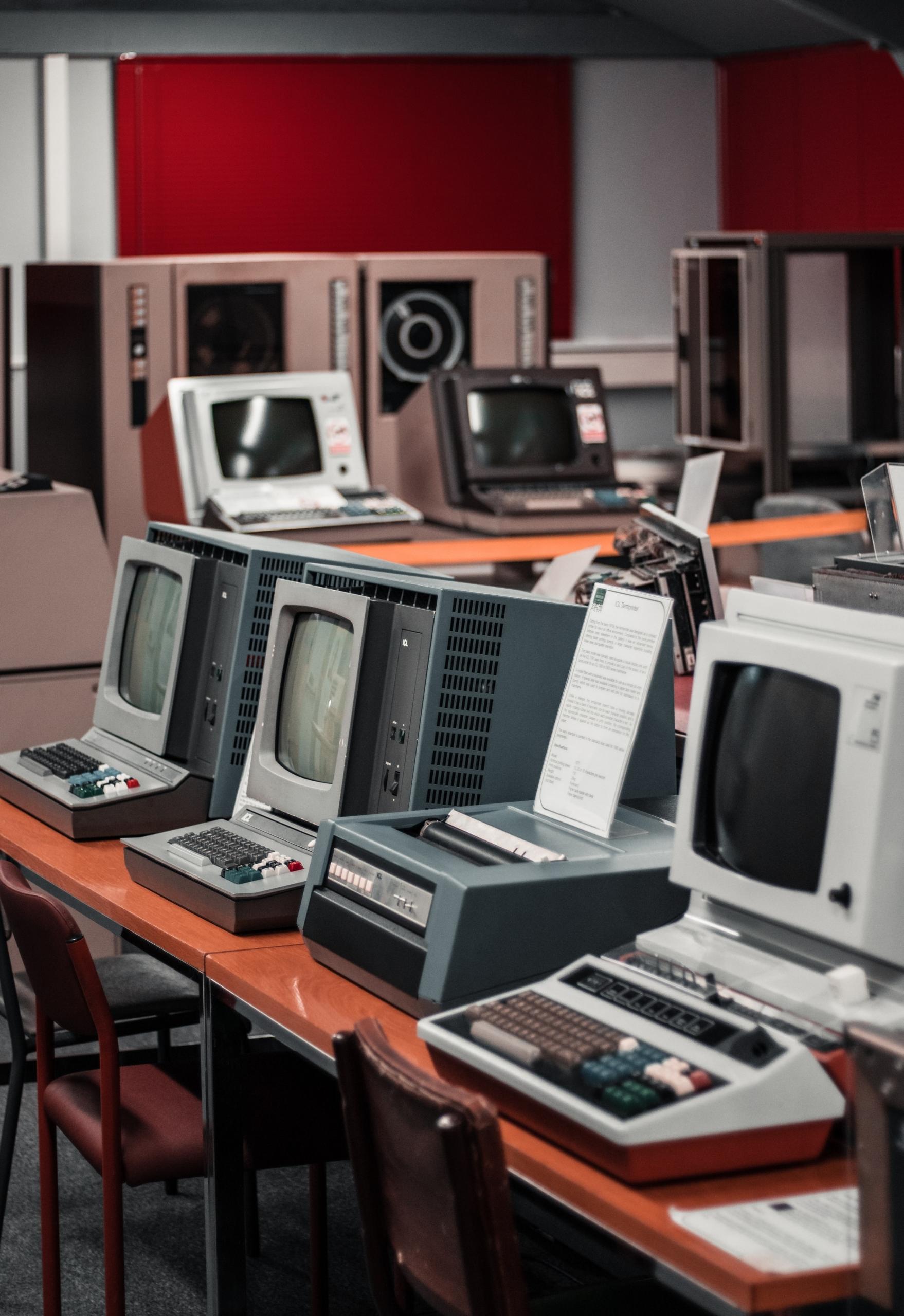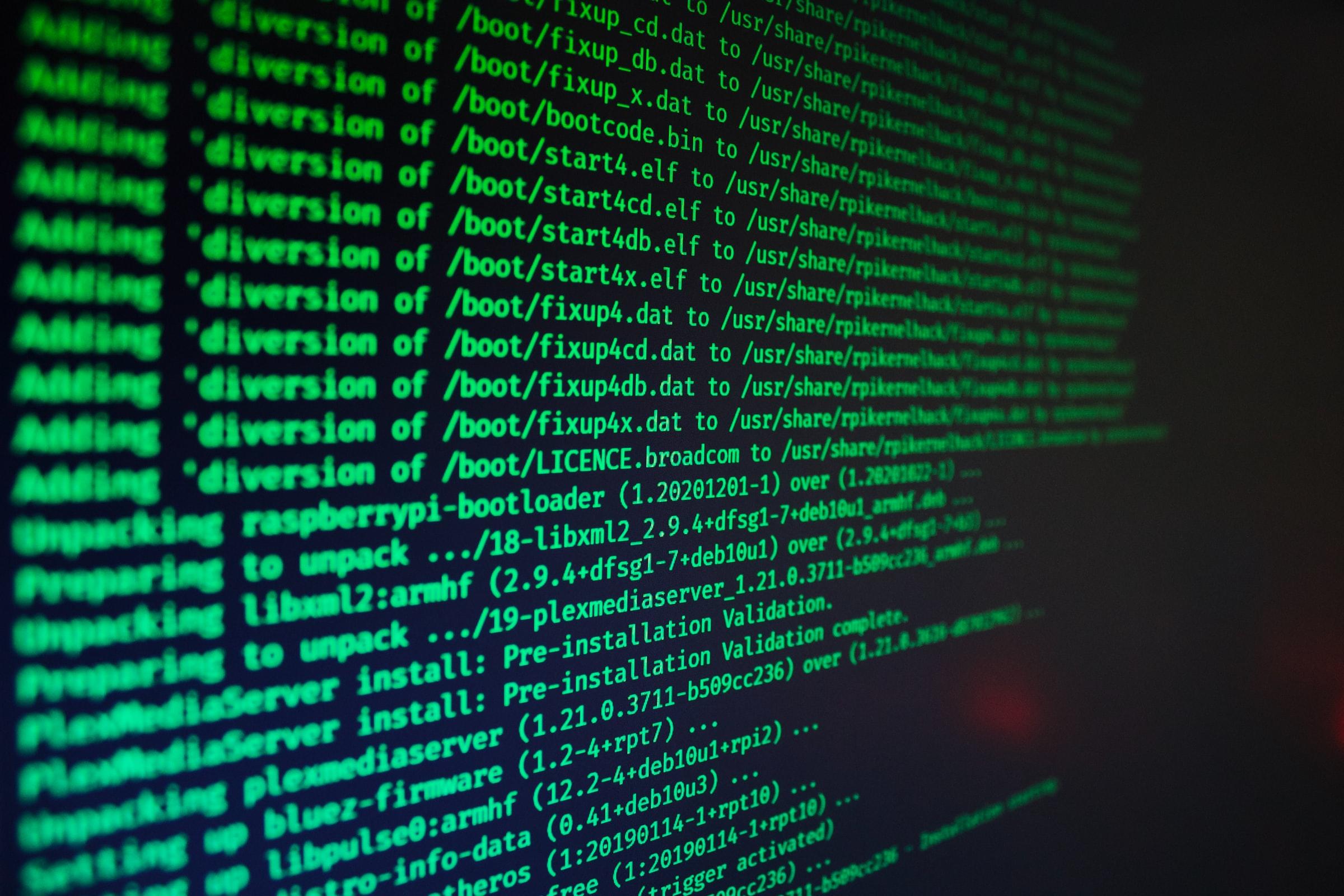“I think I can safely say that nobody understands quantum mechanics.” -Richard Feynman
When it comes to complex topics or academic disciplines that people barely understand, it's worth stating that quantum mechanics is one of them.
Defined as the study of analysing matter and energy from the physical world and its environment, quantum mechanics has multiple subdisciplines, such as quantum chemistry and quantum computing.
Scientists spend many years of their lives reviewing data and conducting experiments to see whether or not they can uncover discoveries in the sector of quantum mechanics. Also, since it's such a challenging topic to review, persons spend multiple years at university to hone their skills.
Nonetheless, quantum physics is becoming more and more popular, especially in technology. Therefore, we shall consider the sub-sector of quantum physics known as quantum computing and how quantum computers work without further ado.

What is Quantum Computing?

In the sciences sector, there are so many terms that are unfamiliar to most people. Such as? Well, for starters, the words quantum and computing are pretty out of the ordinary and sound as if they were from a science fiction movie!
Nevertheless, in the simplest of terms, quantum computing is a discipline of quantum science that involves computers and all their principles. For instance, quantum computing is a type of computation that uses elements of quantum science like superposition, interference, and entanglement to perform calculations.
To perform and complete quantum computing, it's necessary to use quantum computers.
It's worth stating that quantum computing is slowly building in popularity as more people become trained in quantum science and as technology takes over. To manage quantum computers, which we will discuss next, persons will need to study quantum mechanics in further detail.
Link up with a physics tutor here on Superprof.
What Exactly is a Quantum Computer?
Now that we've talked about quantum computing, it's necessary to mention quantum computers, which run all of the research tasks in quantum computing.
Quantum computations are known as quantum computers.
Many brilliant minds have worked together to ensure that quantum computers are a reality. But, what exactly is a quantum computer? Quantum computers are machines that use the properties of quantum physics to store data and perform computations. Quantum computers have been discovered to be highly advantageous for specific tasks where they could vastly outperform even our best supercomputers.
To get a better idea of what the components are for a quantum computer, the following are the aspects of a quantum computer from the most minor element to the most advanced level systems:
- Qubits,
- Photonics,
- Trapped ions,
- Semiconducting material,
- Superconducting material,
- Quantum registers,
- Quantum reversible gates,
- Quantum processing unit.
All of the previously mentioned components make up a quantum computer. Without one part of the puzzle, a quantum computer could malfunction and be prevented from completing its regular tasks.
To communicate with a developer, quantum computers need to be programmed by developers to send the algorithms via a host system, typically called "host processors". The host runs a conventional operating system to interact with the quantum processor.
Now that we've discussed the fundamentals of quantum computers, you're still probably wondering what they are used for? Read the following subheading to uncover the answer!

What are Quantum Computers Used for?

Since the overwhelming majority of things and technological devices were created for a specific purpose and to make our lives easier, it's worth asking, what are quantum computers used for? While there are plenty of aspirations about what quantum computers could be used for in the future, it's worth pointing out that they are currently used for the following tasks:
- Quantum computers can store large amounts of data,
- Quantum computers can perform computations efficiently.
It's worth pointing out quantum computers are still not ready to be widely distributed, and there is still a lot of research that needs to be conducted by physicists. Nonetheless, shortly, quantum computing will be more efficient than current computers, and it will bring about advantages to the fields of medical science, environmental science, and Artificial Intelligence (AI).
While the future does look promising for quantum computers, are there any drawbacks or manufacturing flaws that still need to be ironed out? Like most imperfect technological devices or systems, there are some challenges that quantum hardware faces. Such as? Take a look at the following list:
- Isolation: probably the most typical challenge is isolation. Heat and light can cause quantum decoherence, where qubits lose their quantum properties (superposition and entanglement), as well as the information they store.
- Signal control: for a change in the state of a qubit, it needs to be rotated, yet these rotations are prone to error. For instance, the accumulation of qubits turning at a specific error rate will result in incorrect output.
Also, it's important to mention that there still needs to be a development of algorithms for quantum computers to work and be successfully ready for everyday use.
Although there are some design errors in quantum computer hardware, that isn't enough reason to give up entirely on quantum computing research since there are more pros than cons. Some of the advantages of quantum computers will be discussed in the following paragraphs.
Find a physics tutor here on Superprof.
What's the Difference Between a Quantum Computer and a Regular Computer?
To start, it's worth highlighting that quantum mechanics research has been taking place in Europe for the past 100 years to comprehend better the energy and matter surrounding us. Next, it's worth stating that systematic research and the collaboration of brilliant scientific minds have led to quantum computers' development through the subdiscipline known as quantum computing.
Physicists have stated that quantum computers will soon overtake traditional computers since they will outperform classical machines currently in use. The following are a few advantages of using quantum computers:
- Quantum computers are high-speed and efficient when used correctly,
- Quantum computers could be the key to taking Artificial Intelligence (AI) to the next level,
- Quantum computers could contribute to a more detailed understanding of the interaction of individual particles, elements and the processes in living cells.
But, what is the primary difference between quantum computers and regular computers sold to the masses? Well, according to experts, the big difference compared to a classical computer is that a quantum computer is following a different set of rules, and it's not using zeros and ones like classical computers are. Instead, regular computers use bits and bytes, but quantum computing is designed to work with qubits, which we mentioned earlier.
For those who aren't familiar with the term, qubits are quantum bits and have the unique property that they can simultaneously be worth a value of zero and one. The classical computer can only be either on or off; however, quantum computers that use qubits can be on and off simultaneously. As a result, qubits allow the software systems of quantum computers to run much more quickly and to complete tasks faster than a regular computer.
Therefore, the way quantum computers were designed is much different and more modern than traditional computers, and, hopefully, shortly, they will be the predominant technology.
How to Learn More About Quantum Computers?

If you are keen to explore both physics and mathematics in more detail, consider consulting a physics and math tutor in the United Kingdom.
Have you found this article interesting and informative? If so, you're probably curious about the sectors of quantum mechanics and quantum computing. Since the technology and the research behind quantum computers are pretty extensive, so much can be learned. But, how?
Suppose you're a secondary school student who's on the brink of attending further education courses. In that case, it might be a good idea to consider a quantum mechanics career and study a BSc and MSc in quantum physics or computing to become an industry expert in quantum computers.
However, suppose you're already settled into a career and don't have the time and resources to study something different. In that case, it's worth pointing out that there are additional ways to learn more about quantum computers. Such as? By taking private lessons with a quantum physics tutor. Through private lessons, you'll learn the fundamentals of quantum computing in an engaging manner that is personalised to your unique learning style.
The best website to find quantum computing tutors is Superprof. With more than 17 million tutors teaching 1000+ academic disciplines worldwide, Superprof is a significant player in the sectors of private tutoring and e-learning. The following are a few great reasons to hire a Superprof to learn more about quantum computing:
- Affordable tuition,
- An easy-to-use lesson booking software,
- A tremendous tutor/student support staff,
- The ability to learn either in-person or online,
- A variety of excellent quantum physics tutors.
According to our website, there are currently 331 quantum physics tutors across the United Kingdom that are willing to start teaching quantum computing and others topics. Also, a bonus of hiring a Superprof is that the first lesson is always 100% free of charge!
In conclusion, learning more about quantum computers allows you a chance to experience how technology will change soon. Let's get computing!
Summarise with AI:















